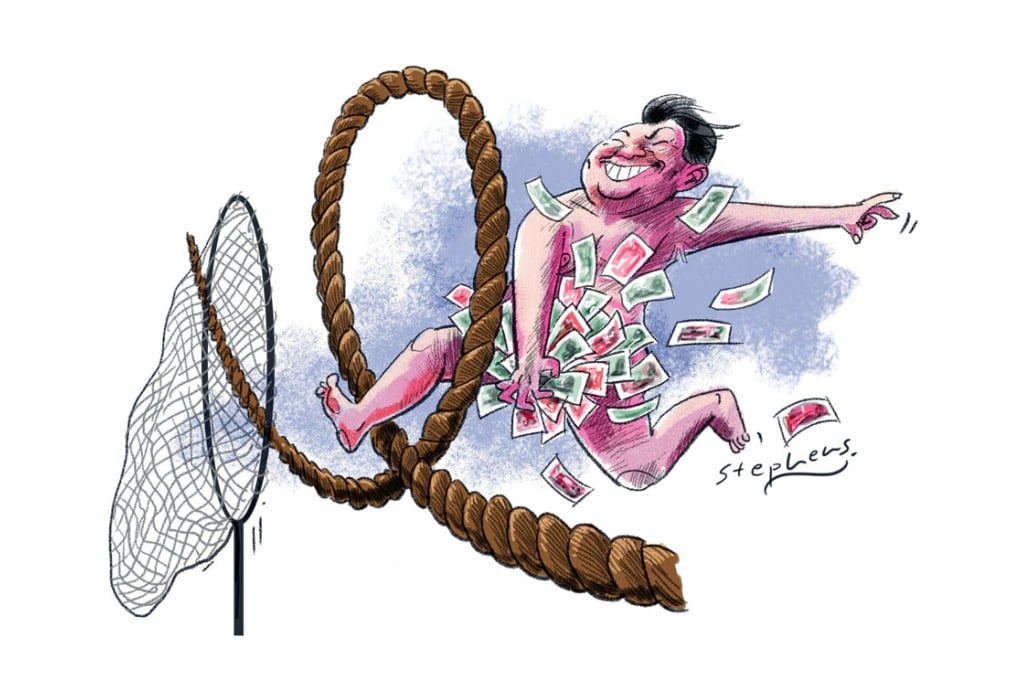China's corrupt officials must be denied an overseas haven
Gary Sands says more cooperation is needed between the US authorities and China to facilitate the return of corrupt Chinese officials who fled to America with their ill-gotten gains

In an ongoing crackdown on corruption, the Ministry of Public Security recently announced a policy to encourage reporting on "dual citizens" - people who obtain citizenship in another country yet still maintain their Chinese citizenship and benefits.
The "fox hunt" campaign, announced in July, seeks to catch corrupt officials who have fled overseas with their illicit assets.
As part of the crackdown, the ministry is using a tactic once employed during the Cultural Revolution - asking the populace to help identify and blow the whistle on suspected fellow citizens. By seeking the assistance of a population fed up with corrupt officials, the authorities hope to uncover so-called "naked officials", public servants who have sent their family and assets overseas in an effort to hide their ill-gotten gains.
Given the size of China's population and the opportunities for corruption, the task is daunting. A 2008 report by the People's Bank of China suggested that anywhere from 16,000 to 18,000 individuals accused of corruption had fled China since the mid-1990s. The Washington-based Global Financial Integrity group estimates that, between 2005 and 2011, some US$2.83 trillion flowed illegally out of China.
The authorities brought back more than 300 fugitives in the first half of 2014, according to Xinhua. Interpol is also in the hunt, having issued arrest warrants for 69 Chinese wanted on charges of corruption, embezzlement, fraud and bribery.
So where are Chinese authorities and Interpol looking for these "naked officials"? Analysts note that Asia and Africa are popular destinations for economic fugitives, but countries that do not have extradition treaties with China are also very popular. China has 38 extradition treaties, but not with the US, Canada and most European countries.